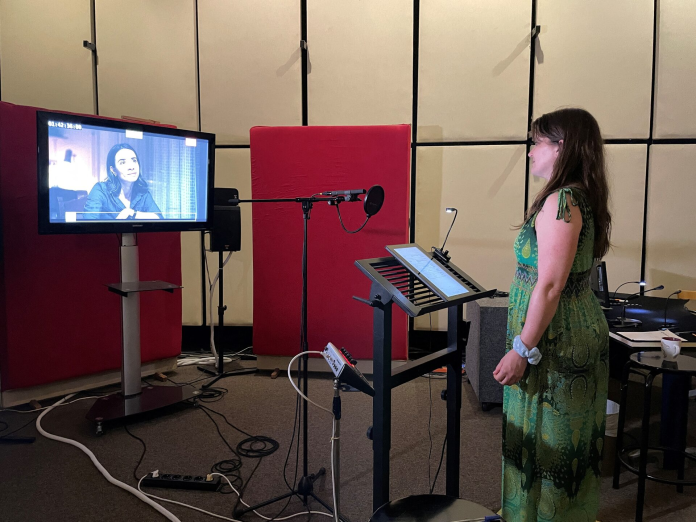Paris-based voice actor Boris Rehlinger, the sonic embodiment of Ben Affleck and Puss in Boots for French audiences, epitomises a profession now battling for survival. His concern reflects a broader anxiety rippling through European studios as generative AI reshapes audio localisation, a market projected to reach $7.6 billion by 2033, according to Reuters.
Industry associations across Germany, France, and the UK are demanding stringent EU regulations to safeguard jobs, artistic integrity, and vocal copyrights. In Germany, 12 prominent dubbing artists sparked a viral TikTok campaign that amassed 8.7 million views, while a VDS petition urging explicit consent for AI voice training garnered over 75,500 signatures.
This resistance mirrors transatlantic creative sector uproar. Over 1,000 UK musicians recently released a silent protest album titled “Is This What We Want?”, demanding government action against AI copyright exploitation in February.
Meanwhile, sreaming giants tread cautiously. Netflix confirmed using AI for visual effects in The Eternauta and tested lip-sync synchronisation for dubbed content, though insiders stress human actors still deliver dialogue. Such practices comply with SAG-AFTRA 2023 contract, requiring payment to voice artists even when AI modifies performances.
Yet Viaplay’s Polish series Murderesses demonstrated AI’s pitfalls: its German dub, created with startup DeepDub, faced viewer backlash over “monotonous” synthetic voices and was swiftly withdrawn.
Ethical AI ventures like Flawless AI position themselves as industry allies, emphasising collaboration with local actors and “clean data” practices. Audio Innovation Lab’s Stefan Sporn similarly argues AI will augment, not eliminate, human roles.
Despite advancements, audience tolerance remains uncertain. While 43% of European viewers prefer dubs over subtitles, only 3% actively embrace AI-generated dialogue. As legislation lags behind innovation, voice artists globally are drafting their own rules of the road, one petition, lawsuit, and viral campaign at a time.
